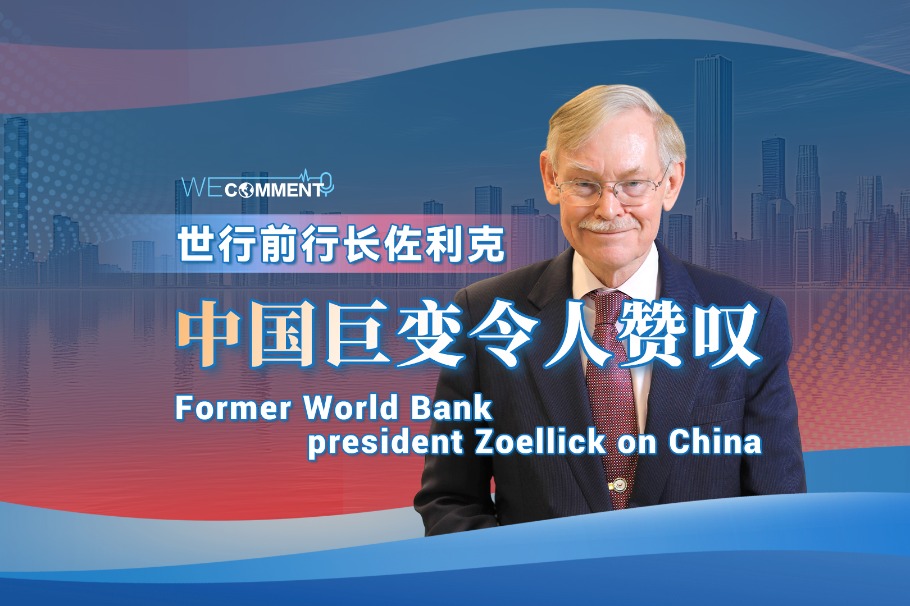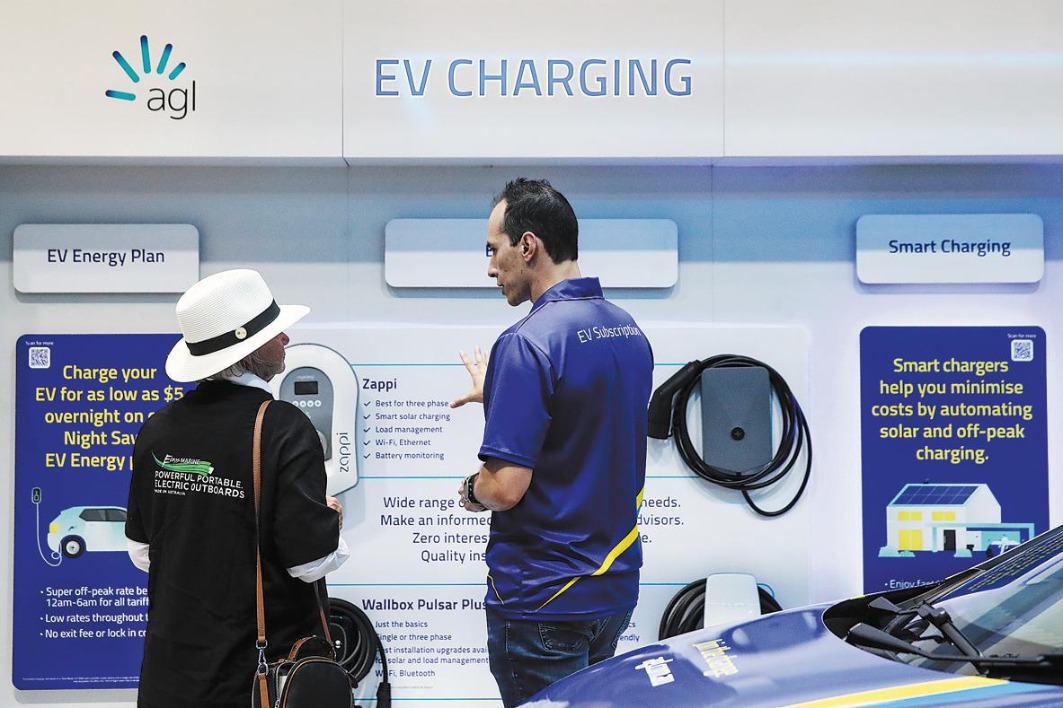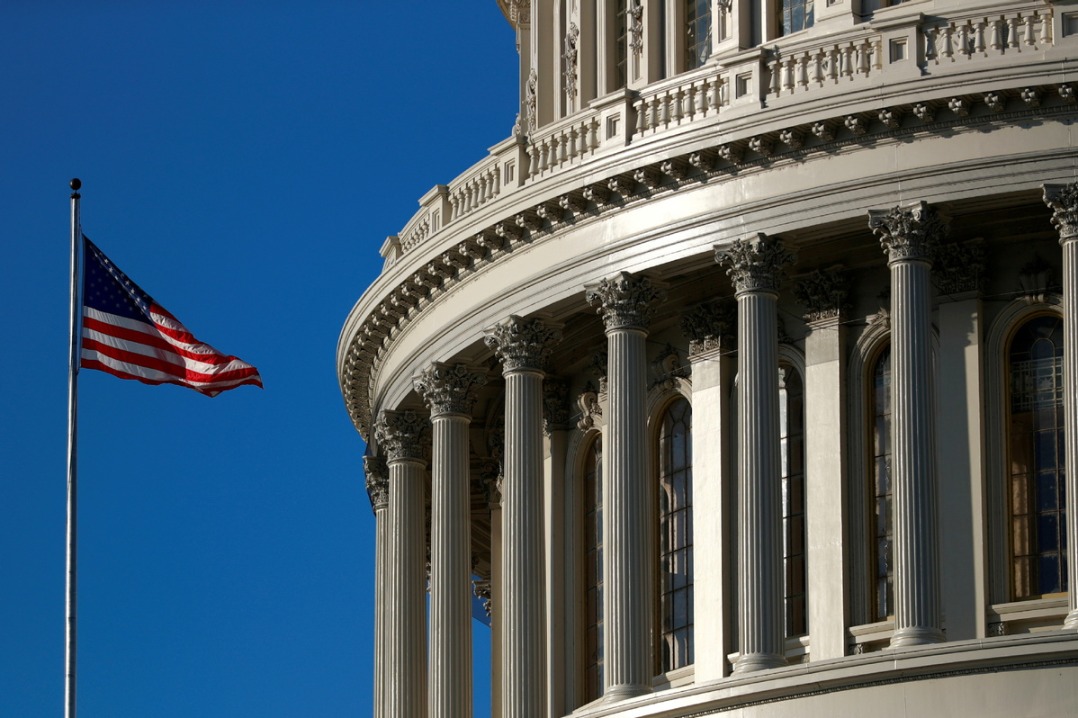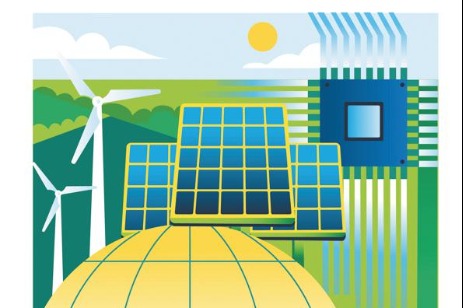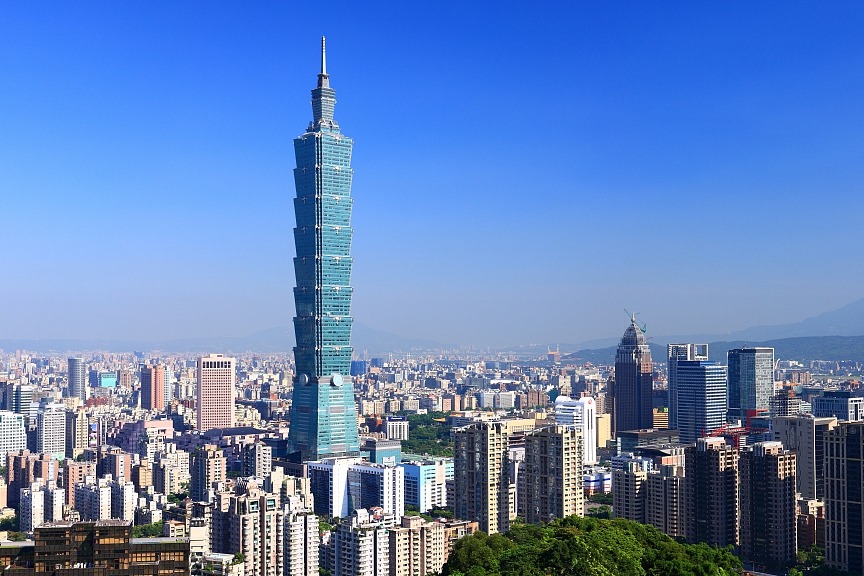Balance of power


Reforms are needed to advance the global energy governance system and forge a new international energy order
Since the outbreak of the Ukraine conflict, the intensifying sanctions imposed by the United States and the European Union against Russia have put an end to free trade in energy that lasted for nearly half a century and created setbacks for global energy governance.
First, energy has become increasingly politicized. The escalation of the European energy crisis in the wake of the Ukraine conflict is a result of the constant upgrading of the US and European sanctions on Russian energy. In March 2022, the International Energy Agency released a 10-Point Plan to Reduce the European Union's Reliance on Russian Natural Gas. This comprises mainly non-market measures. Many multinationals have also chosen to sacrifice their commercial interests for political will. The deglobalization drive and decoupling endeavors spearheaded by the US-led West are also spreading into the clean energy sector. By hyping China's advantages in the clean energy industry chain and an alleged consequent threat to Western countries, the US has been vigorously promoting decoupling from China. In February 2022, the US Department of Energy published "America's Strategy to Secure the Supply Chain for a Robust Clean Energy Transition", in an attempt to maintain the US' role as the global leader in clean energy manufacturing and innovation.
Second, there exists an all-round rebound in energy competition among the world's major countries. On the one hand, energy competition between Russia, the US and the EU has become increasingly complicated. The US has pressured the EU to upgrade sanctions against Russian energy and united the EU and G7 members to set a price cap on Russian petroleum products, thus continuously undermining Russia-Europe energy ties. In response, Russia has been quickening the pace of its strategic pivot to the East and to the South. On the other hand, European countries are seeking alternative sources to replace Russian energy supplies at an accelerated pace, resulting in fierce competition with Asian energy buyers. In 2021, about half of US liquefied natural gas exports went to Asia while in the first four months of 2022, US LNG exports to Asia fell by 51 percent year-on-year. The EU has been actively seeking alternatives to Russian energy across the globe, which has further exacerbated the supply shortages faced by some developing countries. For instance, unable to win the price competition against European nations, countries such as Sri Lanka and Pakistan have been hard hit by the rising energy prices.
Third, energy cooperation has become less inclusive. More US energy is flowing to Europe; Russia is slashing energy exports to Europe and scaling up exports to the Asia-Pacific region; and competition between energy consumers and energy producers is intensifying. On the one hand, the transatlantic partnership has been further consolidated. Energy decoupling between the EU and Russia is picking up speed, and the US and the EU are ramping up energy cooperation at an accelerated pace. On the other hand, the cooperation mechanism within OPEC+ is improving. Since the outbreak of the Ukraine conflict, OPEC countries have been trying to navigate a neutral course between the West and Russia and rejecting the calls of the US and the EU to increase crude production and take their side. The UAE abstained from voting on a United Nations draft resolution to condemn Russia and its energy minister explicitly said that Russia will always be part of OPEC+.
Against the backdrop of the anti-globalization tide and intensifying competition between major countries, global energy governance is faced with more grave challenges ahead.
First, we have witnessed setbacks in the globalization of energy governance. The success of the shale gas revolution and a slowdown in consumption have made the US and the EU focus less on the security of energy supplies, and more on climate negotiations and global emissions reduction. The COVID-19 pandemic has further exacerbated the economic nationalism and anti-globalization trend, resulting in severe setbacks in global energy governance and insufficient effective cooperation between energy consumers and producers.
Second, the stumbling blocks to global climate governance are mounting. The Ukraine conflict has highlighted the importance of energy security, and the global climate governance agenda has been marginalized to a certain extent. People in the EU are paying noticeably less attention to such climate agenda as reforms to the carbon trading system and carbon border tax. Certain countries have had no choice but to turn to high-emission fuels such as coal, slowing the pace of their low-carbon transition.
Third, the environment for international energy security is deteriorating. In a sense, the US and EU sanctions on Russia's energy exports have become the most important factor undermining the security of global energy supplies.
In the face of the setbacks and stalemates in global energy governance, we should deepen the international consensus and vigorously promote depoliticization of energy. The US has been imposing sanctions against oil-producing countries with the US dollar as a weapon, which to a certain extent has accelerated dedollarization in the global energy trade. On the heels of the outbreak of the Ukraine conflict, many countries are vigorously advocating global energy dialogue and cooperation and opposing the politicization and weaponization of energy issues, in an attempt to safeguard market stability.
We should advance reforms of the global governance system and forge a new international energy order. The international community needs to promote larger-scale and deeper-level opening-up of the energy sector, increase dialogue between energy producers and consumers, and reduce the barriers to trade and investment in energy. Mechanisms such as the G20 should be promoted to become more authoritative platforms for global energy governance with greater global influence.
Emerging economies should also have a bigger role in global energy governance. In recent years, developing countries, emerging economies in particular, have fast-increasing demands for energy use. The share of the Asia-Pacific in the total global energy consumption has been increasing. However, under the current framework of energy governance, emerging market economies and developing countries have less discourse power than they deserve. In the new energy governance system, developing countries and emerging economies should actively participate in reforms to the global energy governance system through such global platforms as the G20.
The author is the director of the Energy Security Research Center at the China Institutes of Contemporary International Relations. The author contributed this article to China Watch, a think tank powered by China Daily. The views do not necessarily reflect those of China Daily.
Contact the editor at editor@chinawatch.cn.
















